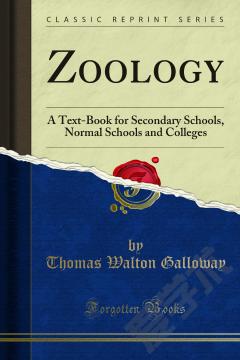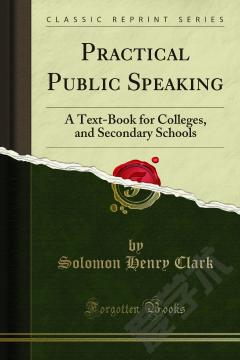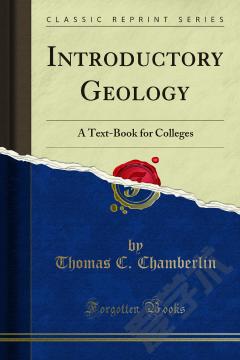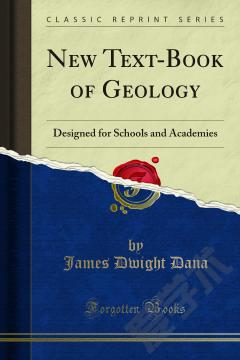Zoology —— A Text-Book for Secondary Schools, Normal Schools and Colleges
-----
2. The first thing to be sought therefore is a thorough-going appreciation on the part of the student of the attractiveness, the scope, and importance of animals and their activities.3. A first course should really be a foundation course, and as such should give the student a broad and catholic view of the whole subject. It should utilize all the main departments of Zoology, because each department contains matter which should be familiar to all persons of ordinary education. Furthermore, the departments of morphology, physiology, ecology, distribution, and classification furnish exercises which have distinct, and yet complementary, pedagogical value. Any single phase of the subject, however important or interesting, gives a false and therefore an unscientific view of the wonderful science of Zoology, unless it is supplemented by the others. Therefore a book, if it is to serve the pedagogical needs of beginners, should contain fairly representative matter from all the main departments of the science; and it should at the same time provide both for the descriptive work and for the practical work in the field and laboratory.4. Laboratory work and field work are essential, both to proper interest and to proper results, and should not be merely illustrative of text or lecture work, but as far as possible should be the foundation and point of departure of the lectures and the text. No instrumentality open to the teacher is better than the laboratory as a means of securing real interest and mental growth for the pupils. However, in order to attain this end it is essential that this work shall really be vitally done. It is not enough that a pupil be induced to observe and to record his observations. The pupil's mind should always be encouraged to follow through to whatever response in the way of conclusion or explanation seems sound in the light of his knowledge at the time.
{{comment.content}}








 京公网安备 11010802027623号
京公网安备 11010802027623号